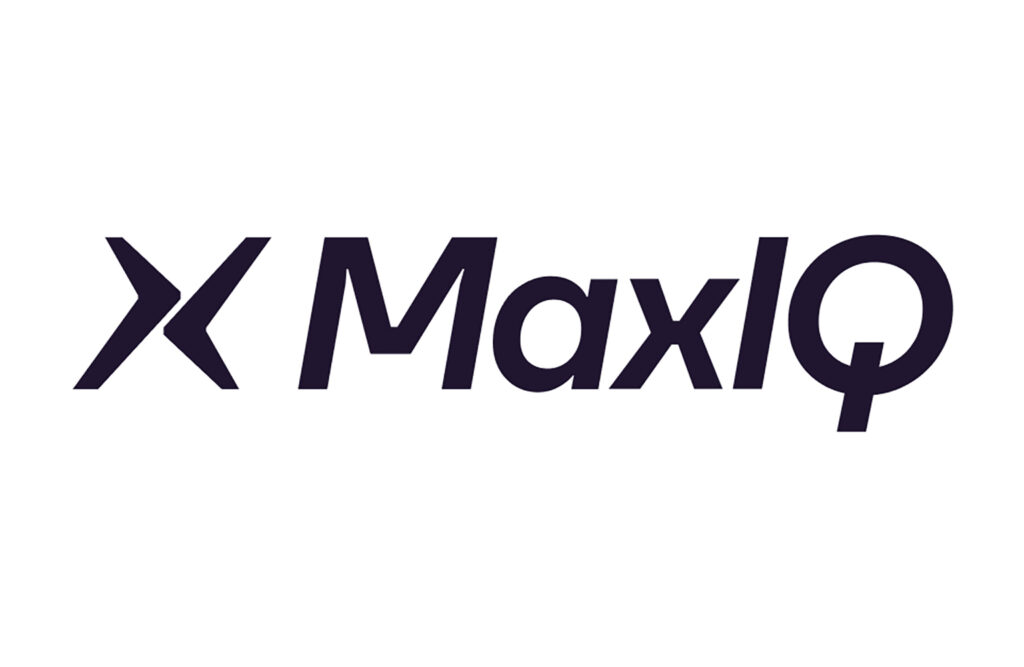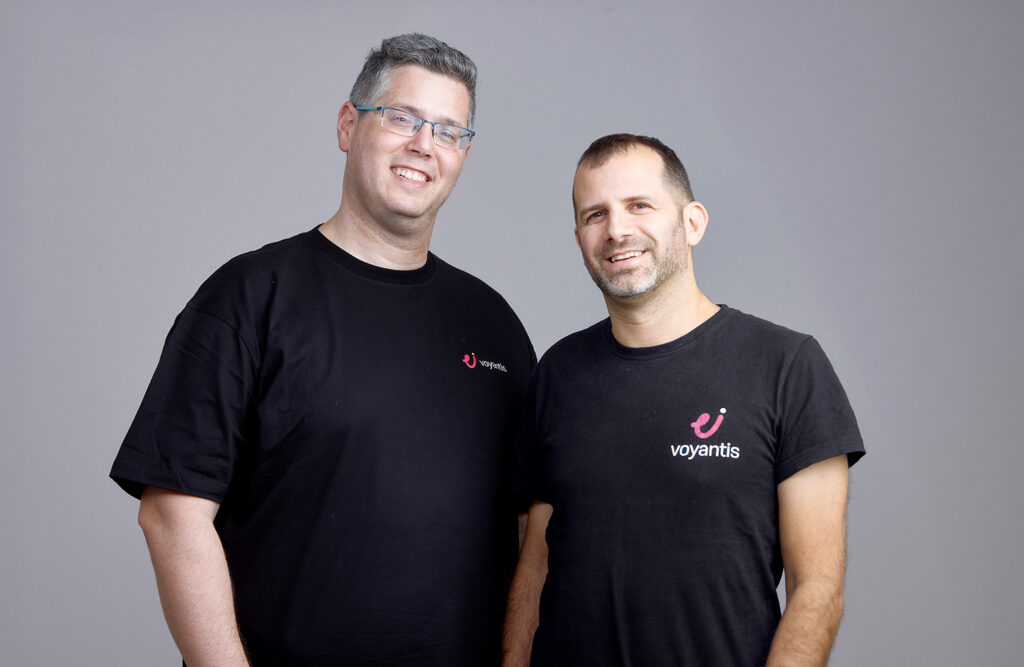
Founder Q&A: Spot Founder Amiram Shachar on How He Built Cloud Optimizing Services
An interview with Amiram Shachar, Founder and CEO of Spot
Cloud services have become critical for companies of all shapes and sizes, but pricing models often don't fit with an organization's needs, resulting in wasted budget and overprovisioning.
Founded in 2015 in Tel Aviv, Spot (formerly known as "Spotinst") started with an idea to reduce the costs of running in the cloud by using pricing and provisioning models more efficiently. The company's software uses machine learning and automation to continually optimize cloud pricing and resources.
Spot's approach has been so successful that today more than 1,500 organizations are using the service, and the company was acquired by NetApp in June 2020.
In mid-2016, Intel Capital Senior Managing Director Andy Fligel met Amiram Shachar, the founder and CEO of Spot. Intel Capital led the company's Series A funding and Andy became a member of Spot's board of directors, working closely with Amiram to grow Spot into a category leader before being acquired.
We recently sat down with Amiram to talk about the company, its relationship with Intel Capital, and how Spot has gone from a small Israeli startup to a success story.
Tell us about the origin story of Spot. How did you come up with the idea and start the company?
Like many Israeli entrepreneurs, my career began in the military. I was lucky to be in the unit responsible for the military's cloud infrastructure. It was a really fun role at the age of 18 to be installing and virtualizing servers, operating datacenters and modernizing applications.
After the military I was working as a director of DevOps in a company during the day and was a student during the evenings studying computer science. During my last semester, I did my final project on cloud optimization.
In the military I was always trying to find ways to save costs on energy and server space in the data center, so why not do it in the public cloud? This was the genesis of Spot.
How did you start working with Intel Capital?
Our company started to get some early traction in Tel Aviv, but we realized we needed to go to Silicon Valley to meet the customers there. Andy was actually the first investor I met after relocating to the Silicon Valley. It was clear right away that Andy knows the space very well, so I decided to stay close to Intel both because of the brand, which was very attractive to a company that plays in the cloud space, but also because Andy was super knowledgeable about cloud infrastructure.
How is Intel Capital different than a traditional VC?
What's interesting about Intel Capital is that they are very diverse in their investments. They'll not only invest in infrastructure but other areas like AI and machine learning.
That shows that there is a good system behind the scenes to understand where to find companies, how to support them and how to make sure they're successful. I've raised money from multiple VCs, and Intel stands out as a smart and honest investor that will always be there when you need them.
The brand is also a huge asset. In the premier league of the big guys like AWS, GCP and Azure, we wanted to have a VC player that could help us long term to get the recognition we needed.
When you're a small startup the way you stand out is really about the team you're building and the investors you have. So acquiring talent is equally important as acquiring customers.
Having Intel Capital as a brand to back us up made all the difference when we talked to candidates and were able to hire senior executives from Google and Microsoft. In customer conversations as well, the Intel Capital brand came up. The weight of that brand helped people to have confidence in our small company as a startup.
How did Intel help you grow the company?
As a first-time entrepreneur in a space that is highly competitive and moving extremely fast, you want people with a lot of experience next to you. In every conversation we had, we could see how Andy's experience was helping us–other companies he saw or talked to, other situations he had experienced, CEOs he knew.
Andy helped to navigate a lot of important decisions and helped me think about things like our strategy with companies that were both partners and competitors, like AWS. He helped us think through how to manage that tension elegantly and in a wise way.
The CEO's job is lonely and tough. You're working with a management team where everybody has their own agenda. You're working with the board which has its own mission. And you're in the middle trying to make the best decisions. Having that trusted advisor is really valuable and it was critically important to me.
What's it like selling a company?
It feels great to sell a company, but it also comes with mixed emotions because it's your baby and you could keep running it forever. But there are places in a company's journey where selling it can offer the best position in that go-to-market motion, and the fastest path to growth.
We had offers to raise more money. We had all the options in front of us. We were very fortunate in the actionability that we had, and that's also something we were working with the board members to achieve–to make sure that the company always had options, which ultimately helped us to provide a great outcome to all of our investors and employees.
What's next for you and Spot?
More and more organizations are pushing digitization, moving their operations online, moving to the cloud. And those organizations have to think about their cost structure and optimize that, which is what we help them do. Right now, I'm committed to help scale Spot and our business inside NetApp. We have a tremendous market opportunity which has only gotten better and bigger.
But at the same time, when I have the next idea, Andy and Intel Capital will get a phone call from me.




